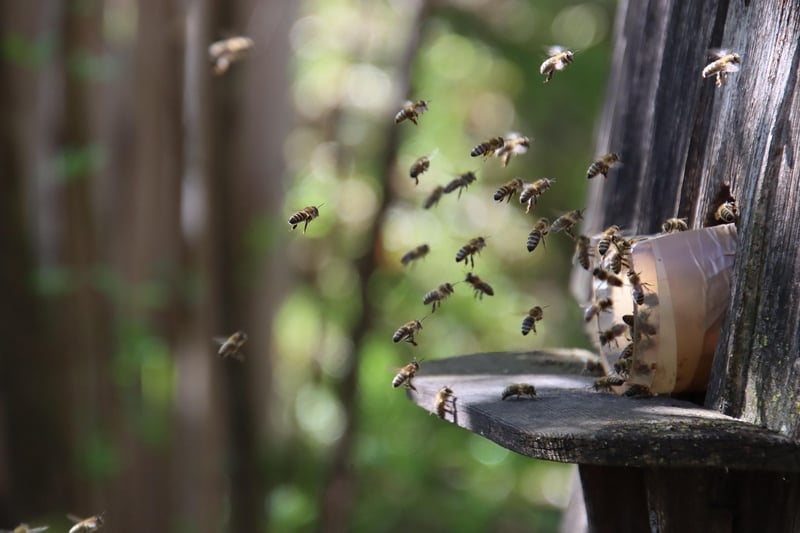Beehive maintenance
Urban Beekeeping: A Guide to Keeping Bees in the City

The Buzz About Urban Beekeeping
Urban beekeeping is a growing trend that not only benefits the environment but also provides city dwellers with the opportunity to engage in sustainable practices and enjoy the rewards of fresh honey. Keeping bees in the city can be a rewarding and educational experience, but it requires careful planning and maintenance to ensure the health of the bees and the safety of the community.
Getting Started with Urban Beekeeping
Before starting your urban beekeeping journey, it's essential to check local regulations regarding beekeeping in your city. Some areas have restrictions or guidelines in place to ensure beekeeping is done responsibly and safely.
Once you have the green light to proceed, you'll need to invest in the necessary equipment, including a beehive, protective gear, and tools for hive maintenance. It's also crucial to choose a suitable location for your beehive, keeping in mind factors like sunlight, access to water, and proximity to neighbors.
Beehive Maintenance Tips
Maintaining a beehive in an urban setting requires regular care and attention to ensure the health and productivity of the colony. Here are some essential maintenance tips for urban beekeepers:
- Regular Inspections: Check your beehive regularly to assess the health of the colony, look for signs of disease, and ensure the queen is laying eggs.
- Hive Hygiene: Keep the hive clean and free of debris to prevent the spread of diseases and parasites among the bees.
- Provide Adequate Food: Urban bees may have limited forage options, so consider planting bee-friendly flowers and providing supplemental food when necessary.
- Manage Pests: Monitor for common hive pests like varroa mites and take appropriate measures to control infestations.
- Harvest Honey Responsibly: When harvesting honey, leave enough for the bees to sustain themselves through the winter months.
Conclusion
Urban beekeeping can be a fulfilling and environmentally beneficial hobby for city residents. By following proper maintenance practices and staying informed about beekeeping best practices, you can enjoy the sweet rewards of honey production while supporting local pollinators and biodiversity.
Remember, beekeeping requires dedication and ongoing learning, so don't hesitate to seek guidance from experienced beekeepers or local beekeeping associations as you embark on your urban beekeeping journey.
